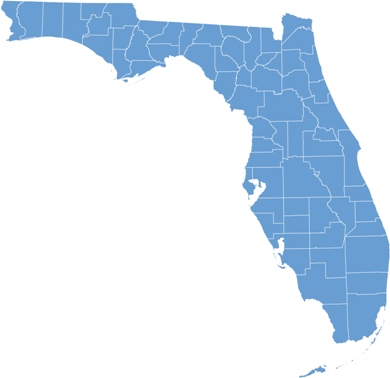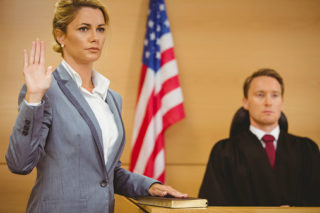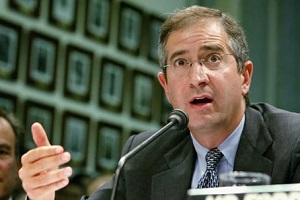Why Do Florida Plaintiff’s Attorneys Dread the Application of Daubert?
 Part 2 of Series on Florida’s Adoption of the Daubert Standard for Admissibility of Expert Testimony
Part 2 of Series on Florida’s Adoption of the Daubert Standard for Admissibility of Expert Testimony
The Florida legislature’s adoption of the Daubert Standard for admissibility of expert testimony took several sessions to pass as a well-organized Plaintiff’s Bar fought hard against it. However, the legislature’s affinity for laws that promote the growth of business within the state eventually won the day. Why did the Plaintiffs’ Bar resist?
- Greater Scrutiny of Experts The cases that are bolstered by experts who rely solely on their opinion – without any scientific support, peer reviewed studies or testing – are now more likely to be dismissed under the stricter scrutiny of Daubert. I believe this will translate into less-questionable cases being filed in Florida courts, since plaintiffs’ attorneys are less inclined to invest time and expense in a case that may be subject to dismissal shortly before trial.
- Lack of Familiarity with Daubert Plaintiffs’ personal injury and products liability attorneys often cringe when a defendant removes a case to federal court. They are used to litigating in state court where the rules are more relaxed and they are familiar with how local judges might rule on issues. However, with the new application of Daubert, a plaintiffs’ attorney has to get up to speed on Daubert and how it applies to their experts’ opinions, since prior to the passage of this new law, Daubert was only followed by the federal courts In Florida. This increased uncertainty about how the judge will rule when faced with a Daubert challenge of an expert tends to discourage plaintiffs’ attorneys from pursuing questionable claims or cases that have a low verdict potential.
- Increased Expert Expense The Daubert analysis requires an evidentiary hearing. Plaintiffs’ attorneys understand that if they lose a Daubert challenge, it could be the knockout blow to their case. Thus, they recognize the importance of strongly opposing the Daubert challenge, and they typically will incur the added expense of having their expert attend the hearing in person to answer “on the spot” questions, which could increase their chances. In some cases, the judge will order the expert’s attendance at the hearing, taking away the option of the plaintiffs’ attorney relying solely on the expert’s report and deposition transcript. Prior to the passage of this new law, the experts were not required to attend a hearing if their testimony was challenged. Thus, the adoption of Daubert for admissibility of expert testimony in Florida has significantly increased the cost of prosecuting a product liability case for plaintiffs.
- Delay The Daubert evidentiary hearing usually requires significant time on the court’s calendar (at least half a day). This hearing time is not easy to come by on the calendars of judges in Florida’s cash-strapped judicial system. Thus, if an expert’s testimony is challenged, it will delay the trial date as well.
Even if the plaintiff’s attorney proceeds with a lawsuit prepared for these concerns, the concerns don’t go away. They can be used during settlement negotiations to provide the plaintiff’s attorney with motivation to resolve the case for a lower amount rather than proceed with the increased expense, effort and uncertainty that accompanies a Daubert challenge.
In Part 3, I will discuss practical tips to help ensure that a manufacturer takes advantage of Daubert in Florida.
This blog post was published originally on February 4, 2014.


 By
By


